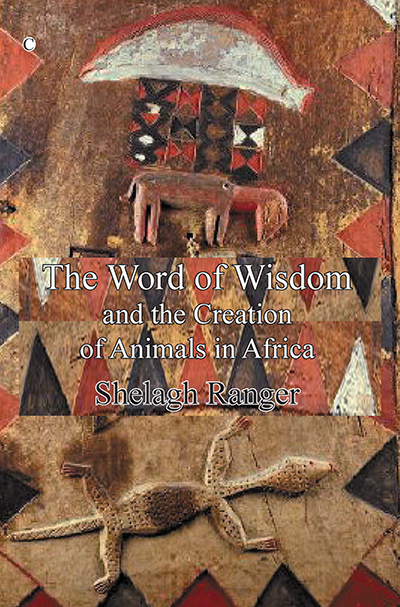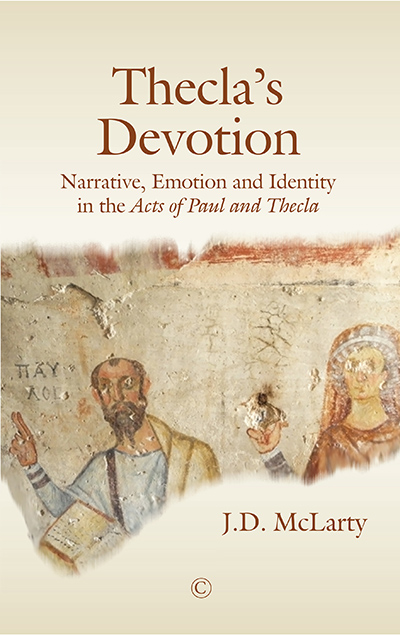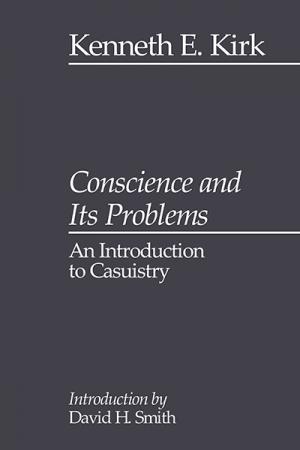Description
This stimulating and provocative work provides a comprehensive introduction to African theology by focussing on the role of animals in African teaching. The work surveys African approaches to religion, beginning with sub-Saharan Africa, encompassing Judaic, Christian and Islamic beliefs, and concluding with African theology today. It highlights the influence of African theology on all the major religions, including the preservation of Jewish texts and the establishment of Christian traditions such as hermeticism and monasticism.
The author demonstrates, through numerous examples, the centrality of the natural world to African faiths. This, she argues, is an aspect sorely lacking in dominant religious traditions, which have tended to treat the natural world as less valuable than humanity and thus more expendable, leading to our current disastrous state in which the existence of animals is put at serious risk. She concludes that for the good of the world, mainstream theology must be Africanised before it is too late.
About the Author
Shelagh Ranger received a BA in Politics and Theology from the University of Manchester where she also undertook post-graduate research on black-led churches. Now retired and living in Oxford, she lived for many years in Rhodesia (Zimbabwe), Tanzania and the United States. She has travelled extensively throughout Europe, Africa and the Middle East. In 1996 she help to found Asylum Welcome in Oxford and has served as a trustee of the Centre for Black and White Christian Partnership (Birmingham) and on the executive committee of the Catholic Association for Racial Justice.
Contents
Acknowledgements
Foreword by Professor Patrick Kalilombe
Abbreviations
Introduction and Historical Background
1. Traditional Religions South of the Sahara
2. Early Civilizations of Egypt and the Nile Valley
3. African Judaism
4. Early African Christianity
5. African Islam
6. African Theology Today
Conclusion
Afterword by Mercy Amba Oduyoye
Glossary
Notes
Bibliography
Index
Endorsements and Reviews
This book has much to recommend it, not least for the useful bibliography, notes and glossary of terms.
The Ark, The Journal of Catholic Concern for Animals





